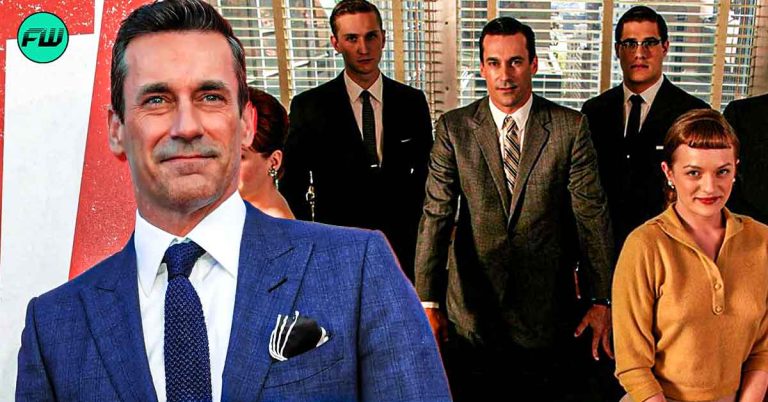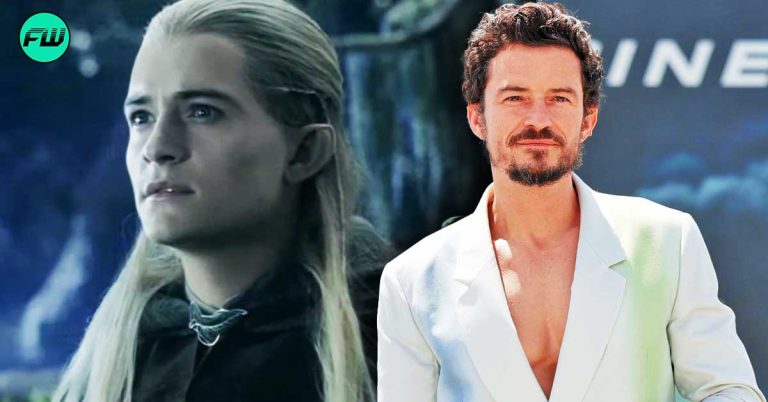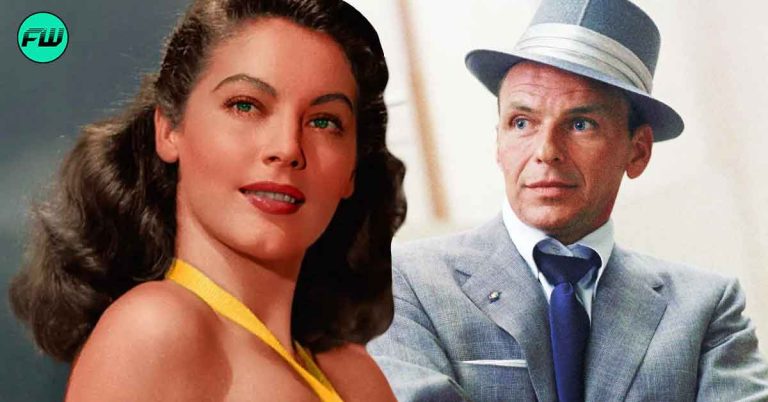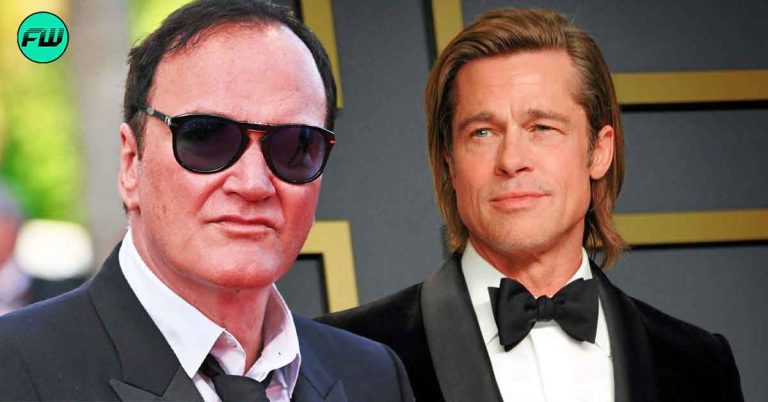Zoe Saldana’s luminous star shines bright in Hollywood, leaving an unforgettable impression with her unmatched talent and diverse characters. Yet, even the brightest stars can experience setbacks. Enter the controversial biopic Nina, where the 45-year-old portrayal of jazz legend Nina Simone sparked intense criticism, casting shadows of regret and threatening her flourishing career post-renowned franchise fame.
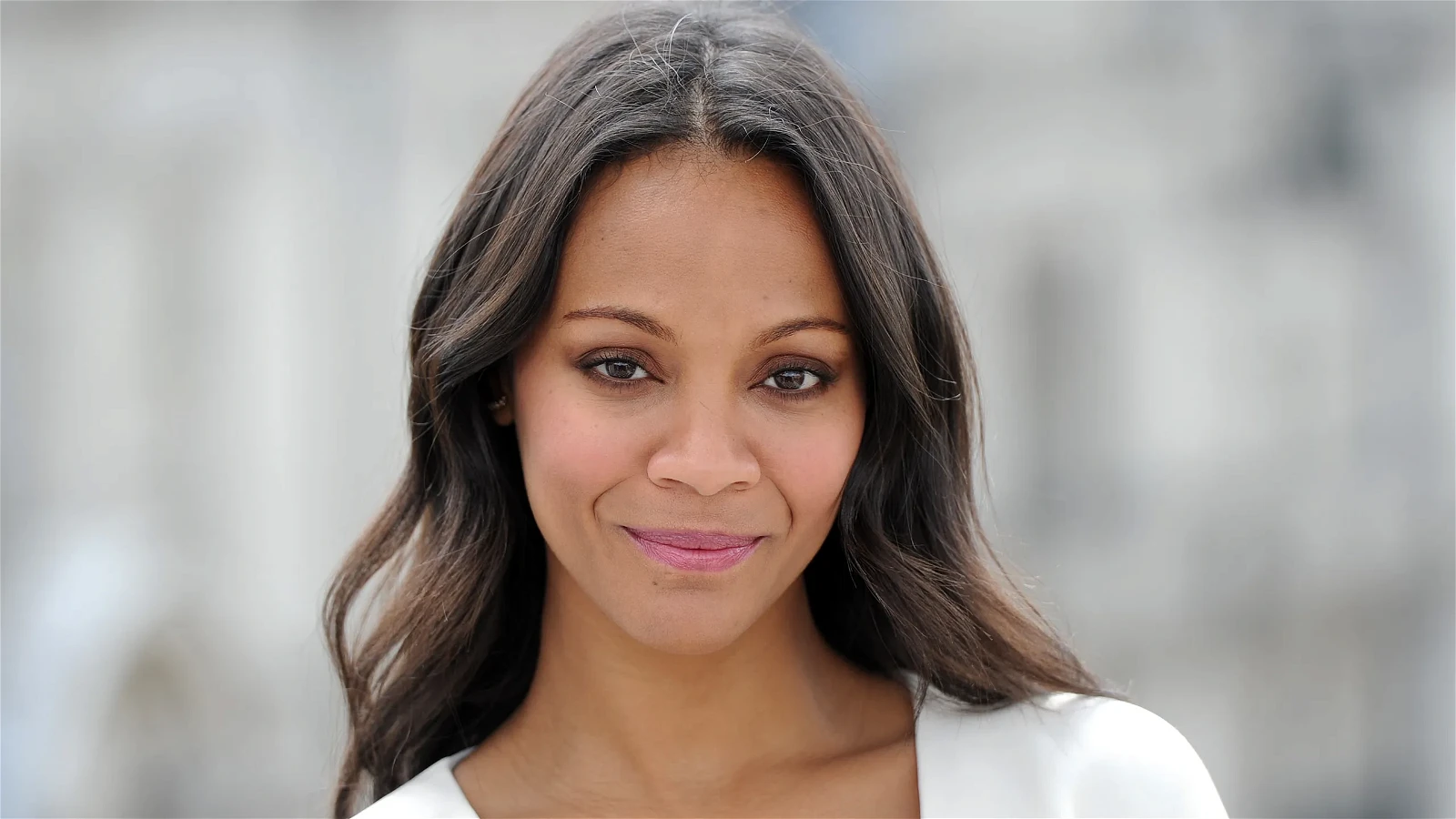
Zoe Saldana’s Bold Move Put Her Career At Stake
In the fiercely competitive world of Hollywood, bold career choices can either propel actors to soaring success or plunge them into uncertainty. Zoe Saldana praised for her remarkable versatility, encountered a key moment when she embraced the role of jazz icon Nina Simone in Nina.
The controversial casting decision sparked a storm of criticism, with accusations of cultural misappropriation and a lack of resemblance to the respected musician.

Critics intensely slammed her portrayal, accusing her of wearing blackface and a prosthetic nose. Despite initial defiance, the actress eventually confronted her critics head-on, proudly affirming her decision while celebrating the visibility she brought to Simone. She passionately asserted,
“For so many years, nobody knew who the f— she was. She is essential to American history. As a woman first, and only then as everything else.”
Addressing her lighter skin color, Saldana also said,
“There’s no one way to be black. I’m black the way I know how to be. You have no idea who I am. I am black. I’m raising black men. Don’t you ever think you can look at me and address me with such disdain.”
Nevertheless, as the film hit theaters, the Avatar star’s once-promising career was in danger, grappling with the potential consequences of a role.
Moreover, years later, Saldana disclosed her regret over the role of Nina, adding to the complexity of her journey in the face of intense scrutiny and backlash.
Zoe Saldana Regretted Playing Nina Simone

The Marvel star, hailing from Dominican and Puerto Rican descent, donned a prosthetic nose and darkened skin for the role. However, Simone’s estate refused to endorse the film, and the late singer’s daughter also questioned the casting decision.
During a previous interview on Instagram, the artist candidly expressed her regrets, acknowledging that she should have never taken on the role. She stated,
“I should have never played Nina. I should have done everything in my power, with the leverage that I had 10 years ago — which was a different [amount of] leverage, but it was leverage nonetheless.”
Cast in 2012, after replacing Mary J. Blige, Saldana already harbored mixed feelings about embodying the High Priestess of Soul.
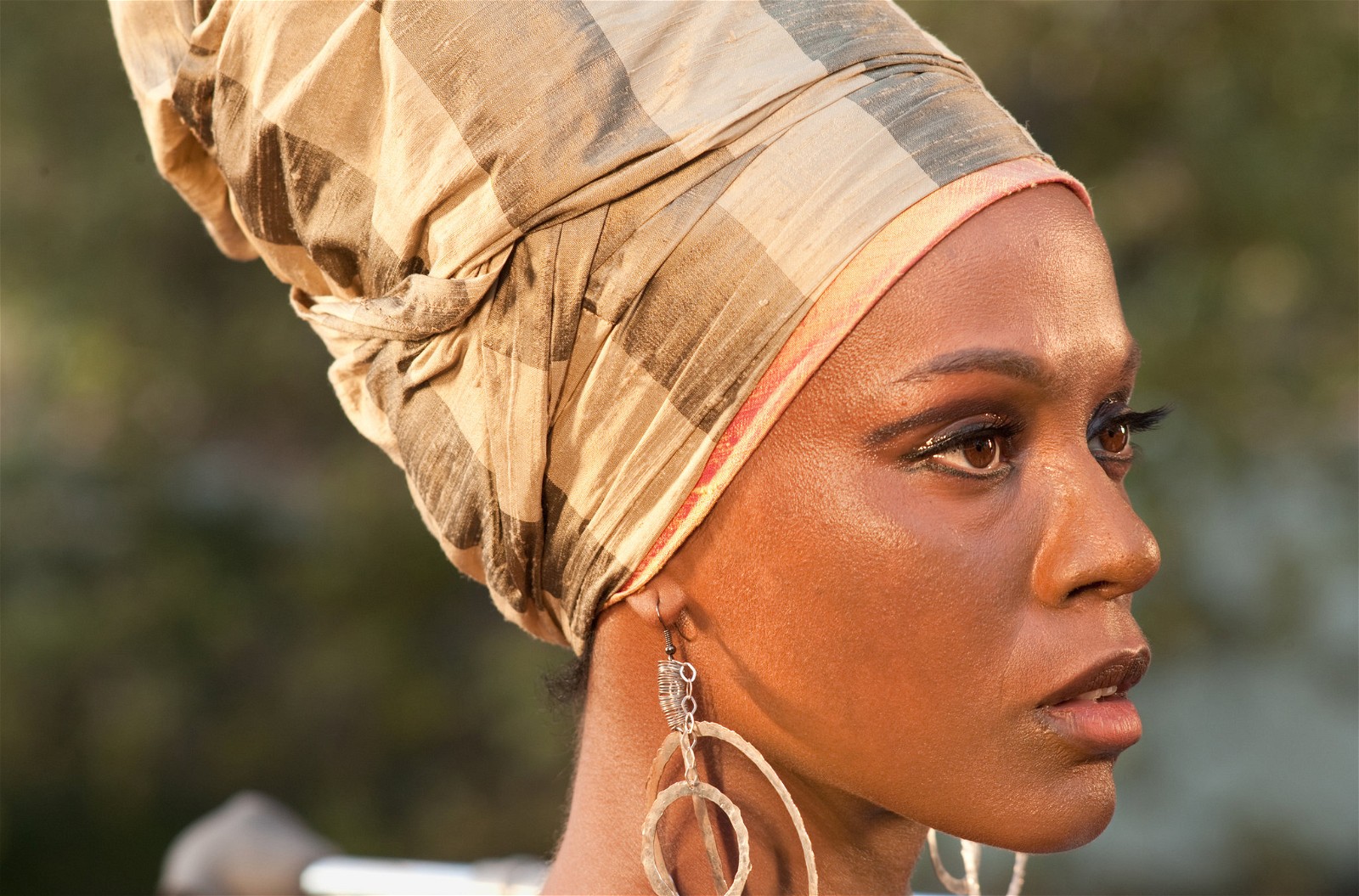
With distance from the film’s troubled production, she experienced the necessary reflection and growth.
She realized she had assumed permission to play the role due to her identity as a Black woman, but understood the significance of Nina Simone.
Upon the long-delayed release, Simone’s estate intensely criticized the casting on Twitter. Saldana had publicly apologized multiple times, yet the haunting impact remains, making it difficult for her to listen to Simone’s songs again.
Further, critics also shredded the film, earning it a mere 2% on Rotten Tomatoes. Saldana’s experience with Nina stands as a moving reminder of the challenges actors confront when representing iconic figures and the profound influence of their artistic choices.
Source: Complex


